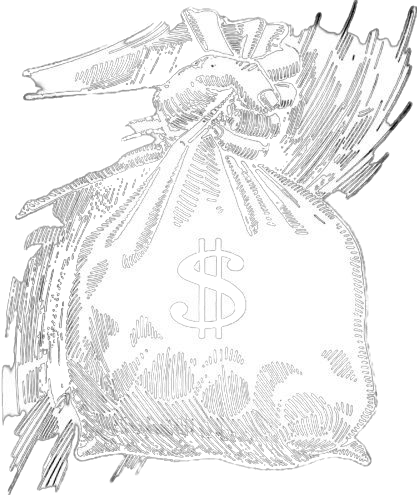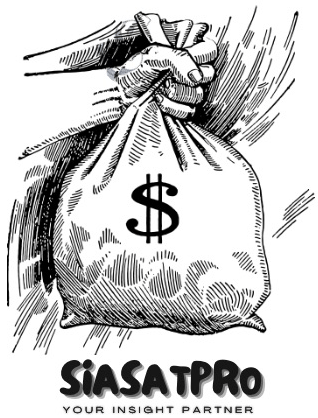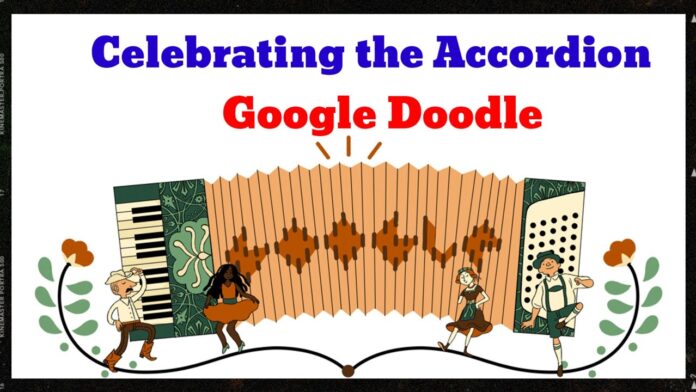On May 23, 2024, Google honours the accordion with a special Doodle that honours the patent anniversary of the instrument. With its distinctive bellows and cheery sound, this beloved instrument has captured the hearts of people all over the world and found its place in various musical genres.
The musical display was truly delightful. In front of the date, the Google logo underwent a transformation, taking on the appearance of the accordion’s bellows. Animated figures dressed in traditional German attire danced to the lively tunes. The instrument’s German origin is paid homage to, with the word “accordion” coming from the German word “akkord” meaning “chord”. Its enduring popularity in folk music is also highlighted.
Read More: Maharashtra HSC Result 2024 Live Updates: Download link
Google Doodle mentions: “In the late 1800s, manufacturers in Germany saw a rise in accordion production as it gained popularity among folk musicians across Europe. In the early days, accordions featured buttons on one side only, with each button producing the sound of a complete chord. In addition to its impressive features, the button has the ability to produce two chords: one when the bellows expand and another when the bellows contract”
History of Accordion
The inventor of the accordion is still a subject of debate. In Germany, it was C. Friedrich L. Buschmann who patented his instrument called the Handäoline in 1822, according to some historians. In Vienna, Cyril Demian received a patent for his version of the instrument in 1829, which he named the Accordion. He is credited with giving the instrument its current name.
According to Britannica, there is ongoing debate among researchers about the origins of the accordion. Some credit C. Friedrich L. Buschmann, whose Handäoline was patented in Berlin in 1822, as the inventor of the accordion, while others attribute the distinction to Cyril Demian of Vienna, who patented his Accordion in 1829, thus popularizing the name.

The journey of the accordion around the globe paralleled the significant European migration of the 1800s. Accordions and their music were brought by people as they migrated to new continents, such as North America. The instrument’s many nicknames reflect the global exchange it represents. Italians referred to it as the “Fisarmonica,” while Russians called it the “Bayan,” according to Stage Music Center. The “Sun-Fin-Chin” was popular in China, while Pakistan called it “Harmonium” and Norwegians referred to it as the “Trekspill.” The cultural perspective of each term is shaped by its region.
Read More: Nvidia Share Price: NVIDIA Announces Financial Results for First Quarter Fiscal 2025.
The versatility of the instrument was highlighted in the doodle, demonstrating its impact on jazz, classical, and even pop music. The doodle’s description by Google highlighted the accordion as a beloved instrument for folk musicians, emphasizing its portability and user-friendly nature.
The significance of this unique doodle extended beyond just honoring the accordion; it also acknowledged its enduring influence on the realm of music. The accordion’s unique sound continues to captivate imaginations and bring joy to audiences everywhere, with lively jigs and soulful ballads.

Today, the instrument can be heard in a variety of musical genres, including folk music, the Latino polka, the tango, cajun music, and more! Oktoberfest is always a date that the accordion never misses. Front and center is a vibrant festival brimming with carnival excitement, lively music, and the timeless charm of traditional attire such as Dirndl dresses and lederhosen. Everything goes according to plan with this melody maker in hand! 200 years later, the traditional sound still holds sway over German celebrations and music worldwide.



Recent Comments